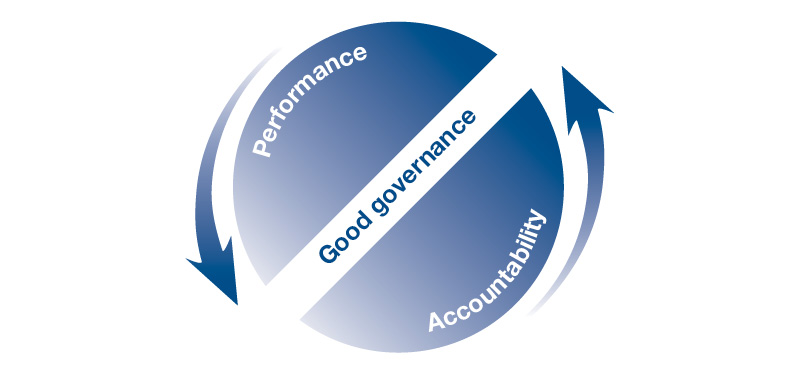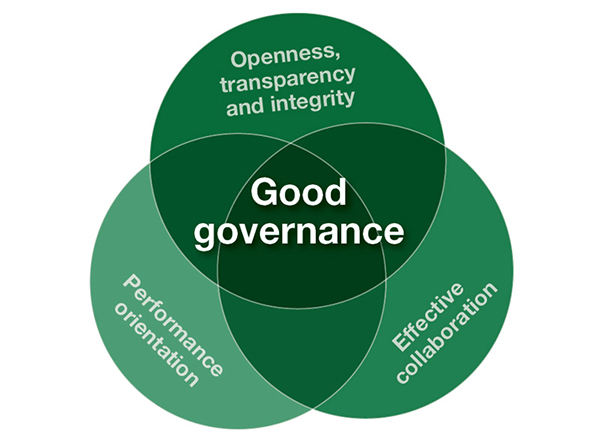
With the result of the Presidential election Sri Lanka began a march toward good governance on January 8, 2015. Several important steps, actually the initial ones were taken since then, the most significant of them being the reduction of the powers of the Executive President and the appointment of the Constitutional Council and independent commissions. However much remains to be done. As expected whatever that is achieved has been at a price since it was necessary to overcome the desperate opposition from reactionary forces that were defeated at the elections. A long and hard struggle awaits the completion of the good governance programme, causing much heartburn, despair and needing more courage and determination among the masses.
Our attempt here is to pinpoint some things that need urgent attention in order to march forward along the course set out on January 8 last year. They are matters of concern to those who supported the good governance objectives.
Law-enforcing authorities
Take for example the need for elimination of corruption, fraud and misuse of public property. There does not seem to be a uniform policy as different individuals with similar charges against them are treated in different ways. The class bias as well as solidarity among the privileged then and now seems glaring. Though politicians are supposed not to interfere with the work of law-enforcing authorities such as the police, media speculates on some individuals accused of wrong doings getting velvet glove treatment from high authorities. Since there is no denial from the relevant authorities named the public could safely conclude that such speculation is based on truth.
The slow progress of investigations and the virtual standstill of the judiciary processes as a result of the lethargy, inefficiency or incapacity of the office of the Attorney General is also a cause for worry and a disruptive element in proceeding toward better governance.
The freedom of the wild ass in the Cabinet of Ministers allows ministers to publicly criticise and attack their colleagues and even challenge the Executive. This situation can in no way be considered a merit of good governance. Rather it is symptomatic of moribund structures of power on the eve of their dissolution. The ultimate cause of this sad state is the unresolved crisis within the SLFP and the attempts to cover it up by hypocritical attempts to forge unity between individuals and factions with policies that are unbridgeable. It is the same reason that has caused the influx of corrupt politicians into the Cabinet of Ministers and other high bodies.
Waste of scarce public resources

The distribution of Cabinet and other Ministerial portfolios does not display any logic or scientific basis. Very short term political expediency seems to be the only ground on which they stand to some reason. However, it is quite distant from good governance. The net result is inefficiency in delivering public service and waste of scarce public resources.
A serious lacuna in the present administration is the lack of national planning which results in the inability to select priorities in economic development as well as irrational allocation and distribution of resources.
In this situation tradition and old habits emerge strong which makes a mockery of good governance. One could give numerous examples where such old traditions and habits are continued with negative consequences. Let us list some of them.
First, the use of public and corporate resources to build images of politicians. For example, state corporations and statutory bodies spend large sums on advertising to convey the loyalties of their management to politicians at times of Sate functions or birthdays. While the use of public resources is a waste of scarce funds the use of corporate funds leads to corruption and practices that are incompatible with the tents of good governance.
Second, is the prioritization of development projects on personal grounds with scant respect to national requirements and priorities. For example, a special ‘privileged’ school was established at Homagama because the then Education Minister wanted to increase his vote base. There were more deserved areas, especially under-developed ones which should have received prior attention. It was not part of a national project but a stand-alone one. The development of Hambantota and now Polonnaruwa as special development regions ahead of other under-developed areas is yet another example.
Third, is the command style administrative system with a Top-Down approach that does not take into consideration the ground situation. The proposal to start a new contributory pension scheme for public servants and the unilateral decision to move EPF funds were examples of such undemocratic administrative steps taken by the Yahapalana government. It should, however, be given the credit for heeding to public opinion and consenting to consult all stakeholders.
Active participation of civil society
For developing good governance two more factors are essential. They are adherence to the Rule of Law and an active civil society. The efficacy of the former also depends on the latter. Hence the vigilance and active participation of civil society is a sine qua non of good governance. The civil society has special role in countering the attempts by reactionary forces to sabotage good governance and bring it to public ridicule as it is being done now to prevent or halt the investigations into misdeeds of politicians and top bureaucrats of the former regime. The attempts by chauvinist and religious-fundamentalist forces to storm court houses and institutions dealing with law and order and public demonstrations against action taken under the law to remand suspects of misdeeds needs mass public condemnation. As long as the public remains apathetic it is a danger to the whole system of Law and Order.
There is also the possibility of the public, the Government and the media forgetting the necessary national tasks that should be done at the moment and getting involved in minor matters and distractions raised by opponents. In this respect one has to consider how the legality or otherwise of the FCID has been brought forward for national discussion by interested parties to eclipse the broader issue of cleaning society and administration of corruption and fraud. Similarly, the debate around the sensitive issues of the nature of the State has eclipsed the wider debate on broad democracy and human rights in Constitution making.
– Daily News